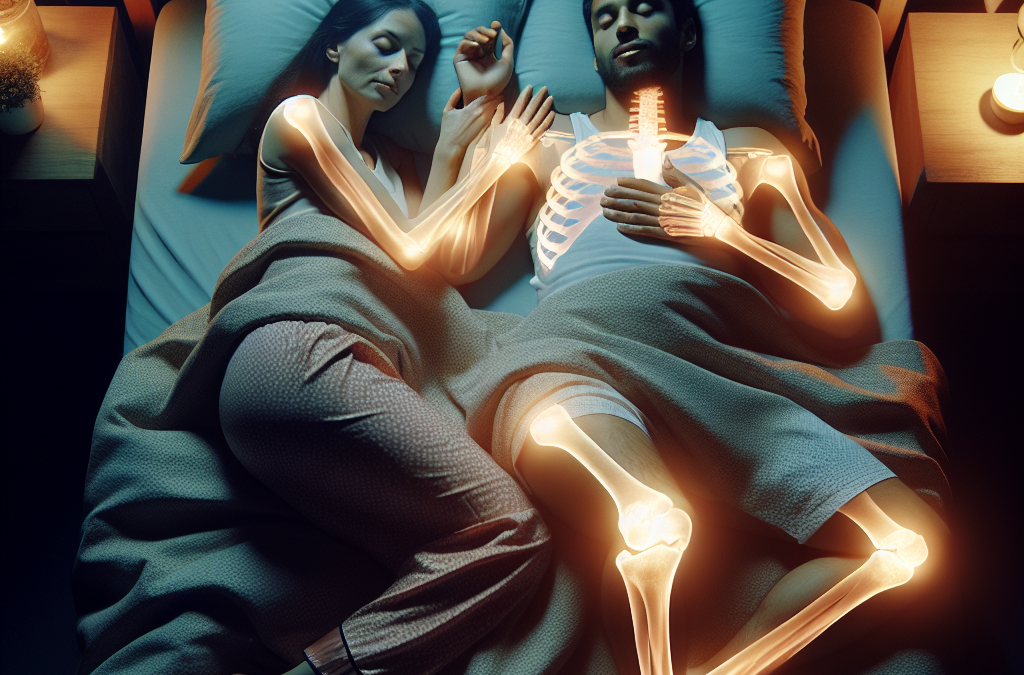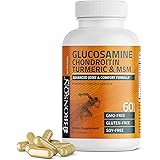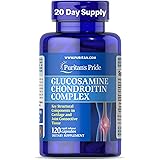Understanding Joint Recovery
What Happens During Joint Recovery?
When we talk about joint recovery, it’s essential to know what’s actually happening in our bodies. Our joints endure a lot during daily activities or even high-impact sports. Recovery is the phase where your body repairs any wear and tear, rebuilding tissues and reducing inflammation. This is where sleep comes into play.
During sleep, your body kicks into high gear, releasing growth hormones that aid tissue repair, and that includes your joints. It’s crucial to acknowledge that recovery isn’t just about sitting on the couch; it’s about allowing your body to do its magic while you rest.
In my experience, I’ve noticed that my joints feel far better when I allow them the necessary downtime through quality sleep. Trust me, those late-night binge-watching sessions may feel good at the moment, but they can be detrimental in the long run.
The Importance of Sleep Quality
Why Quality Trumps Quantity
Now, let’s dive into the quality of sleep. You might think hitting the hay for seven to eight hours is enough, but it isn’t always about the number of hours. The depth of sleep matters. During deeper sleep stages, your blood flow increases, bringing nutrients to your joints and flushing out toxins.
From various health sources, I’ve learned that sleep cycles involve moving through light, deep, and REM sleep stages. These stages are critical for recovery. Missing out on them means your body doesn’t get the full repair job it needs, especially for those achy joints.
I’ve experimented with my sleep environment, and let me tell you, it made a difference. Dimming lights, minimizing noise, and keeping the temperature cool helps me reach deeper sleep, and I’ve woken up with noticeably less joint pain because of it.
The Connection Between Sleep and Inflammation
How Sleep Affects Inflammation
Inflammation is a major issue when it comes to joint pain and recovery. Research has shown that inadequate sleep can increase levels of inflammatory markers in the body. This means that if you’re skimping on sleep, you’re likely making your joint recovery harder than it needs to be.
The Best Joint Support (Naturally) Starts with Organic Nutritional Support!
Get 40% Off Here ...
Through my journey, I’ve discovered that when I prioritize sleep, my body doesn’t flare up as often. It’s like I’ve got this natural defense against soreness. I learned that it’s all about giving my body enough rest to battle inflammation effectively.
It’s an ongoing process for me, but keeping an eye on sleep habits has paid off. Less inflammation equals less pain, and more freedom to enjoy activities I love. It’s a simple equation, but one that so many overlook!
Developing a Healthy Sleep Routine
Creating Consistent Sleep Patterns
Let’s chat about routines, shall we? Developing a consistent sleep schedule has been a game-changer for my joint recovery. We humans thrive on regularity. Going to bed and waking up at the same time daily reinforces your body’s biological clock, leading to better sleep quality.
Good Joint Health Requires Good Nutrition Health. Click Here for More Info
In my experience, I started setting a bedtime alarm! It’s a simple but effective trick. By reminding myself an hour before, I get ready to unwind, avoiding screens like they’re the plague! This helps my brain switch gears easily.
Also, I find that incorporating wind-down rituals—like reading, gentle stretching, or even a warm shower—helps signal my body that it’s time to relax. This routine creates an optimal environment for how my body recovers while I’m asleep.
The Psychological Aspect of Sleep and Recovery
Mental Health and Sleep
Alright, let’s not forget the mental side of things. Stress and anxiety can wreck your sleep, and insufficient sleep can, in turn, affect your mental state. It’s this vicious cycle! Personally, I’ve felt the toll when I’ve had restless nights due to stress; my joints felt more painful the next day.
I embraced mindfulness practices like meditation and deep breathing exercises before bed. These techniques can reduce stress levels and promote better sleep quality. In my quest for joint recovery, mind over matter is just as important as the physical aspects.
When I commit to taking care of my mental health alongside my physical recovery, the results are phenomenal. It’s all intertwined. Feeling mentally sound helps reinforce the body’s ability to heal itself, especially when it comes to those achy joints!
FAQs
1. How does sleep specifically aid joint recovery?
Sleep plays a vital role by promoting tissue repair, reducing inflammation, and allowing the body to release growth hormones that are essential for recovering damaged joint tissues.
2. Can poor sleep worsen joint pain?
Absolutely! Poor sleep can increase inflammatory markers in the body, exacerbating joint pain and slowing down recovery. Good sleep can be a natural anti-inflammatory!
3. What should I do if I have trouble sleeping due to joint pain?
Try incorporating gentle stretching before bed, adjusting your sleep position for comfort, or speaking to a healthcare professional for tailored advice on managing pain during sleep.
4. How can I improve my sleep quality?
Establishing a regular sleep schedule, creating a calm and cool sleep environment, and avoiding screens before bedtime can all enhance your sleep quality significantly.
5. Is there a link between mental health and sleep?
Yes! Stress and anxiety can disrupt sleep patterns, and poor sleep can negatively impact mental health. Engaging in relaxation techniques can aid both sleep and mental well-being.













